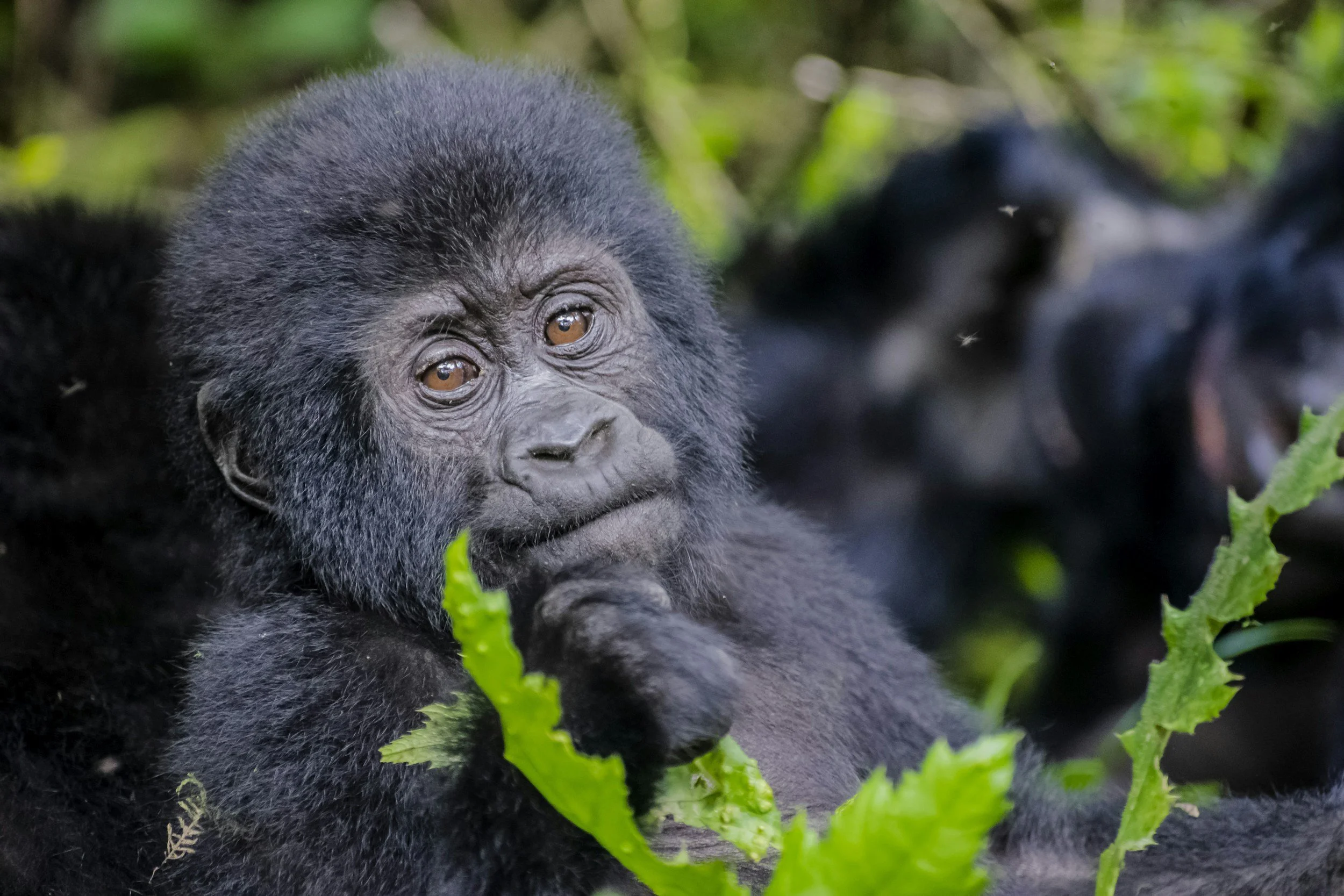Petition for New Rules to Prevent Wolf Killing Rejected by Washington Officials
The petition, filed in July, requested rules that appropriate non-lethal deterrence measures are prioritized when preventing conflicts between wolves and farmed animals.
The Washington Fish and Wildlife Commission has voted to reject a petition calling for rules to be put in place that would regulate the state’s management of endangered gray wolves.
Submitted in July by ten leading conservation groups, including the Center for Biological Diversity and Washington Wildlife First, the petition urged the commission to approve regulations prioritizing the use of effective non-lethal methods to prevent livestock-wolf conflict.
The advocacy organizations also asked the commission to promote social tolerance for coexisting with wolves, stop using legal loopholes to kill them, and create a clear, science-based process to guide the department in authorizing any lethal control actions.
“We won’t stop until Washington’s endangered wolves are treated according to best available science and these common-sense rules are the very least the commission can do,” Sophia Ressler, an attorney at the Center for Biological Diversity, said at the time of filing the petition. “We need enforceable rules to hold wildlife officials accountable and prevent conflict between livestock and wolves.”
Currently, Washington's wildlife officials decide when to kill wolves using a protocol created by the state's Wolf Advisory Group, which includes ranchers and other members selected by the Department of Fish and Wildlife.
The groups argue that this protocol is ineffective at managing the conflict.
The request was made to the panel to reopen rulemaking to put in place stricter protocols for when the state or ranchers are allowed to kill wolves.
The conservation groups asked the state to implement stricter rules before they can kill gray wolves, which are currently protected as endangered by state law. In the western part of the state, wolves are classified as endangered under federal law, while in eastern Washington, they lack federal protections.
However, the commission voted 6-3 against the petition’s request. Barbara Baker, Molly Linville, Jim Anderson, John Lehmkuhl, Woody Myers, and Steven Parker voted against the proposal, while Lorna Smith, Melanie Rowland, and Tim Ragen voted in support of it.
Those against the petition claimed that creating more rules might limit the Department of Fish and Wildlife's flexibility in managing wolves and believe its current approach has helped grow the state's wolf population, with commissioner Jim Anderson commenting, “I don’t see the value in rulemaking. In fact, I can see how it might undermine what we’re trying to do.”
In response to the ruling, Amaroq Weiss, senior wolf advocate at the Center for Biological Diversity voiced her disappointment that the commission chose not to fix “Washington’s broken system.”
“The status quo will continue to fail Washington’s cherished and ecologically important wolves and all of us who care about them,” said Weiss. “We need enforceable rules that require accountability and transparency before the state resorts to killing wolves.”
Human and Wolf Conflict
For generations, the gray wolf has been subject to persecution, with anti-wolf legislation strongly backed by animal agriculture groups that are concerned about conflict between wolves and the animals they farm.
However, such concerns are scientifically unfounded, with livestock deaths caused by wolves a rare occurrence, according to Weiss.
In Washington State, the livestock industry alone is worth around $3.02 billion. Of the 1.19 million animals farmed in the state only 15.5 were confirmed, with only 1.75 reported as likely to be killed by wolves in 2021, according to data submitted by farmers. That equates to an estimated .001% of farmed animals that are lost each year to wolf predation.
According to the Department of Fish and Wildlife’s annual wolf management report, six wolves were slaughtered due to conflicts with livestock just last year.
Speak Out for Wolves
Writing letters is a powerful way to advocate for wolves and to get your voice heard. Washington State residents can contact the commission telling them that wolves deserve to be protected and encouraging them to reconsider their decision. You can get in touch here.
In Idaho, Wyoming, and Montana, over 1,700 wolves are not even protected by the Endangered Species List. They’re in great danger and urgently need as many people as possible to speak out for them. Please join the Species Unite campaign by writing a letter to Secretary Haaland and President Biden asking them to put wolves back on the Endangered Species List.
More stories:
Species Unite
A collection of stories of those who fight the good fight on behalf of animals.






A judge has issued Pennsylvania’s first habeas corpus order for a nonhuman animal, advancing NhRP’s fight to move five African elephants from the Pittsburgh Zoo to a sanctuary.